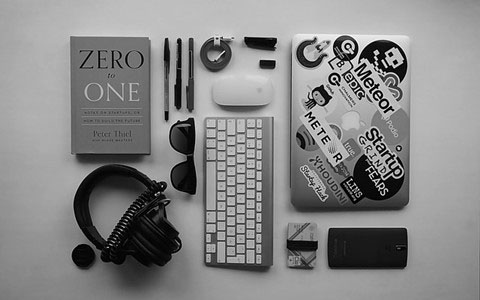
东 (Dōng) east
西 (Xī) west
Since “东 (Dōng) east” and “西 (xī) west” are both direction words. Can you guess what “东西 (dōngxī)” means?
东西方文化 (Dōngxī fāng wénhuà) Eastern and Western cultures
东西南北 (Dōngxī nánběi) East, West, South, North
(How to Use 东 (Dōng) And 西 (Xī) in Chinese? Watch This Video to Find out! )
“Yí dài yí lù” yǒu lì yú dōngxī fāng wénhuà jiāoliú. “一带一路”有利于东西方文化交流。 “One belt and one road” is good for cultural communication between the east and the west.
Zhōngguó dōngxī jùlí yuē wǔ qiān èr bǎ gōnglǐ. 中国东西距离约5200公里。 China is about 5,200 kilometers from east to west.
Aside from the meaning east and west, did you know that put together these two words makes the Chinese phrase “东西 (dōngxi) things” which is frequently used in daily life, for example: 买东西 (Mǎi dōngxi) buy things
(Do You Know the Difference Between “买东西 (Mǎi dōngxi)” And “卖东西 (Mài dōngxi)?”) 吃东西 (Chī dōngxi) eat something
Do you know why the direction words “东 (dōng)” and “西 (xī)” are used to express “things/goods?” In ancient China, fire, water, wood, gold and soil were known as the “五行 (wǔxíng) five elements” which also correspond with the five different directions. “东-木 (Dōng-mù) east-wood,” “南-火 (nán-huǒ) south-fire,” “中-土 (zhōng-tǔ) middle-earth/soil,” “西-金 (xī-jīn) west-metal/gold,” “北-水 (běi-shuǐ) north-water.” The two most important elements are 木 (mù) wood (plants) and 金 (jīn) gold (metallic minerals), which represent the most useful materials at that time. People in ancient times put “东 (dōng)” and “西 (xī)” together and formed a new compound word, which refers to all objects in the world.
“物品 (Wùpǐn)” refers to the items and things used in daily life and is a more formal expression.
Huǒchē shàng bù yǔnxǔ xiédài wēixiǎn wùpǐn. 火车上不允许携带危险物品。 Dangerous items are not allowed on the train.
Chāoshì lǐ chénliè zhe gèzhǒng wùpǐn. 超市里陈列着各种物品。 There are various items on display in the supermarket.
(1) It refers to specific or abstract things and is a more colloquial expression. (2) It can also be used to describe people or animals, and usually is spoken with strong emotion like affection or disgust.
Wǒ xiǎng mǎi diǎnr dōngxi. 我想买点儿东西。 I want to buy some things.
Zhè xiǎo dōngxi zhǎng de zhēn kěài! 这小东西长得真可爱! This little thing is so cute!
Yǔyán zhè dōngxi bùjǐn děi kào tiānfù hái děi kào liànxí ya. 语言这东西不仅得靠天赋还得靠练习呀。 Language is something that depends not only on talent but also practice.
However, this phrase “东西 (dōngxi)” should not be used when referring to people, as can be seen in the following story: A Chinese language student went to his teacher and said, “I saw two Chinese people quarreling on the street. One was saying ‘你不是个东西 (nǐ búshì ge dōngxi), I know 东西 (dōngxi) means goods, but what does this sentence mean?” His teacher laughed and explained: “东西 (dōngxi) cannot be used to describe a person. This phrase will offend people because it is saying that the person is inferior. ‘你不是东西 (nǐ búshì dōngxi)’ means ‘what the hell are you?’ So please do not use this word when describing someone.”

1. Read the dialogue and answer the question below.
Xiǎo Míng: “Xiǎo Hóng, nà jiā diàn dōngxi zhìliàng zěnmeyàng a?” 小明:“小红,那家店东西质量怎么样啊?”
Xiǎo Hóng: “Xiāngdāng hǎo, wǒ hái xiǎng zài nà jiā diàn mǎi dōngxi ne.” 小红:“相当好,我还想在那家店买东西呢。”
A. Xiao Ming wonders if the store is on the west or on the east. B. Xiao Ming wonders if goods at that store are of good quality or not. C. Xiao Ming wonders how the store’s business is.
A Bucket of Rice And A Good-For-Nothing, Which One Are You?
Learn How the Chinese Relationships Really Work with This Popular Word
This Pop Phrase That Is So Unfair: “双标 (shuāng biāo)”
A Troublesome Chinese Word: “麻烦 (Máfan)!”



